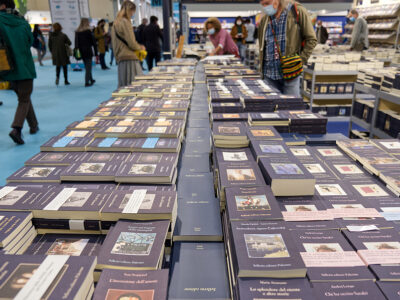In response to my post “Line Editing,” a faithful blog reader asked me if I had any tips for nonfiction writers. The suggestions here aren’t considered line editing but are more general. I hope they offer insight.
- Consider your brand. While you want each book to be fresh, you want to stay within your brand, or the brand you’re building, so your readership knows you wrote the book. Keep a similar style and tone so your work is “you” as far as your readers are concerned.
- Select a great title. Readers seeking information want the title to get right to the point. Readers looking for something funny want the title to make them smile. The title can sell the book. Choose wisely.
- Keep the book even in tone. Recently, I read reviews on a book of essays geared toward the general market. Reviewers complained the articles ranged from hilarious to dark. Someone looking for a few chuckles on a topic, such as staying vibrant in old age, might dislike a sudden chapter that takes the reader into gory details about medical treatments, for instance. If you need to address severe topics amid laughter, be sure to be a gentle guide to the reader and end the book on an inspiring note. Likewise, if the topic, such as a school shooting, isn’t funny in any context, knee-slapping comedy will feel disrespectful to readers. Back to the review, I shouldn’t admit this, but the reviewers’ complaints about the uneven nature of the essays discouraged me from buying the book. That’s how vital tone is. If you can use a light or serious approach, consider your personality, style, author brand, and the information you need to convey. Then write accordingly.
- Try to take on only a little in one book. When researching and writing about a topic of intense interest to yourself as a writer, it’s easy to get lost in stories, data, and knowledge you’re eager to share. For instance, grief encompasses many types of loss. What kind of loss, specifically, are you addressing in your book? And what is your approach? Are you offering comfort, action items, or both? Once you decide, stay on topic. The good news about limiting yourself is that you have material for more books.
- Be sure you have enough information to write a complete book. I learned this tip from Steve Laube. Nonfiction books can be shorter than fiction because publishers might employ white space and illustrations in layout. You still want enough material to write a book, rather than presenting material better suited to a magazine article. If you can’t decide, write an article on your topic and see how long the piece is. If it’s 5,000 words or fewer, you have a magazine article. Only stretch it beyond that if the material is there. If not, the good news is that now you have a wonderful magazine article to sell!











